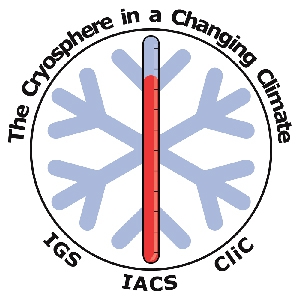Some things I can't explain, or, Why more social science studies are needed to understand human-environment interactions in the Arctic
ARCUS DC Office - 1201 New York Avenue, NW. Fourth Floor. Washington, DC 20005 or online for live webinar
Time: 12:00pm to 1:00pm (EDT)
The ARCUS Arctic Research Seminar Series brings some of the leading Arctic researchers to Washington, D.C. to share in person and via webinar the latest findings and what they mean for decision-making. The seminars are open, and will be of interest to Federal agency officials, Congressional staff, NGOs, associations, researchers, and the public.
Registration
To register please visit: https://www.arcus.org/research-seminar-series
Registration is required for the live seminar as well as the webinar. We will be using the Adobe Connect platform for the webinar. Once you register for the webinar, you will receive a confirmation email giving you the link and directions on how to join.
Presentation Abstract
Why do people move to an eroding village? Why do fishermen go farther north in the Bering Sea in cold years? Why would hunters report an ecosystem in trouble when subsistence harvests are up? And what does AmazonPrime have to do with food security?
Research on human-environment interactions in the Arctic has demonstrated the strong connections between people and their ecosystems. But those connections do not always lead to the outcomes one might expect. In addition to examining the physical and biological aspects of Arctic change, we need more attention to the social dynamics that shape human responses to climate and other types of change.
This presentation will review some of the basics of what we know in these areas, and then discuss how to start studying the things we cannot yet explain.
Speaker Details
Henry P. Huntington studies human-environment interactions in the Arctic and beyond, and also works to conserve the Arctic environment in light of climate change and industrial development. His research has examined traditional knowledge of marine mammals and sea ice, the impacts of climate change on Arctic communities, the regulation of subsistence hunting, and other topics. In addition to dozens of scientific papers, he has written chapters in several major Arctic Council reports, co-chaired the National Academy of Sciences committee that wrote The Arctic in the Anthropocene, and served on a Council of Canadian Academies panel on food security in the North. He is also one of the authors of The Meaning of Ice, a recent book about sea ice in three Arctic communities. Huntington has made long journeys in the Arctic by snowmachine, dog team, and small boat. He lives with his wife and two sons in Eagle River, Alaska.
Henry currently co-leads the Study of Environmental Arctic Change (SEARCH) Sea Ice Action Team.


